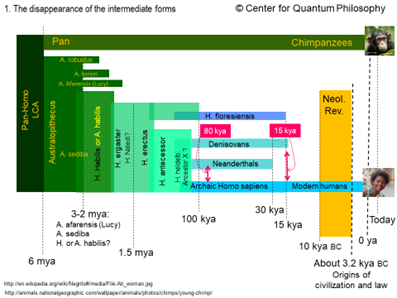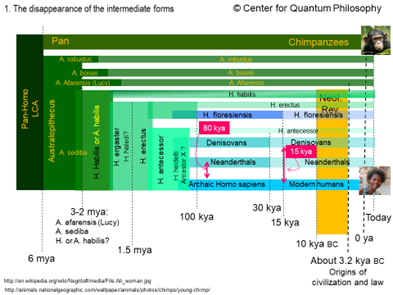@AntoineSuarez, @GJDS; I wish to express a heartfelt thanks to both of you scholars for introducing me to the works of some of the ‘Church Fathers’ who set the course for the early Christian church. On my own, I learned a little about Origen and Irenaeus, but missed the boat on Athanasious. Having been raised Catholic, this seems inexcusable, especially in view of the following quote from the Catholic Encyclopedia: Bishop of Alexandria; Confessor and [Doctor of the Church]; born c. 296; died 2 May, 373. Athanasius was the greatest champion of [Catholic][belief] on the subject of the Incarnation that the Church has ever known and in his lifetime earned the characteristic title of “Father of Orthodoxy”, by which he has been distinguished ever since.
After I had studied the works of Chardin at some length and decided that to incorporate evolution into my Christian Faith, I felt that I had to embrace the ‘dogma’ of Original Blessing, as a replacement for Original Sin; i.e., humankind was the first creature gifted with a mind that could direct the evolution of the species to incorporate some of the (hoped for) characteristics of its Creator, namely love, empathy & selflessness. Athanasius appears to express the thoughts that led me in that direction, and perhaps I should consider him as my Patron Saint:
[quote=“GJDS, post:837, topic:35442”] quoting Athanasius:
For of what use is existence to the creature if it cannot know its Maker? [Or as the 20th century movie asked: "What’s it all about, Alphie?"] How could men be reasonable beings if they had no knowledge of the Word and Reason of the Father, through Whom they had received their being? They would be no better than the beasts, had they no knowledge save of earthly things; and why should God have made them at all, if He had not intended them to know Him? But, in fact, the good God has given them a share in His own Image, that is, in our Lord Jesus Christ, and has made even themselves after the same Image and Likeness…
I cannot picture any deadlier Sin than to have been given the means of striving toward becoming God’s Image, and then choosing selfishness and narcissism instead. But the answer is not to find the effective way to engineer human biogenes (e.g. thru CRISPR-Cas9), but to engineer the “Noogenes” that guide human culture [Constitutions, laws, Church dogmas, cultural norms, etc.]. Almost certainly this is a case where evolutionary “progress” depends on group survival, not individual survival.
Al Leo

